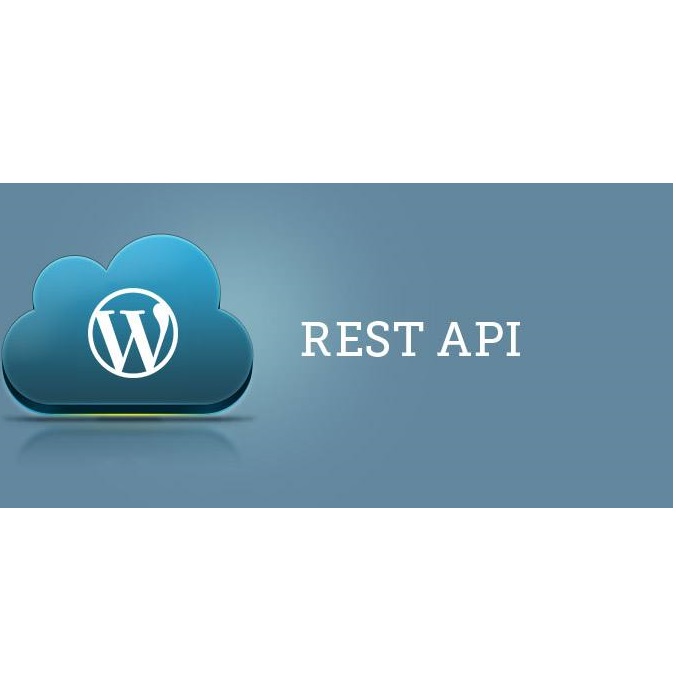Motivated by experience in programming and in the teaching of programming, we make another assault on the longstanding problem of debugging. Having explored why debuggers are not used as widely as one might expect, especially in functional programming environments, we define the characteristics of a debugger which make it usable and thus likely to be widely used. We present work on a new debugger for the functional programming language OCaml which operates by direct interpretation of the program source, allowing the printing out of individual steps of the program's evaluation, and discuss its technical implementation and practical use. It has two parts: a stand-alone debugger which can run OCaml programs by interpretation and so allow their behaviour to be inspected; and an OCaml syntax extension, which allows the part of a program under scrutiny to be interpreted in the same fashion as the stand-alone debugger whilst the rest of the program runs natively. We show how this latter mechanism can create a source-level debugging system that has the characteristics of a usable debugger and so may eventually be expected to be suitable for widespread adoption.
翻译:暂无翻译



